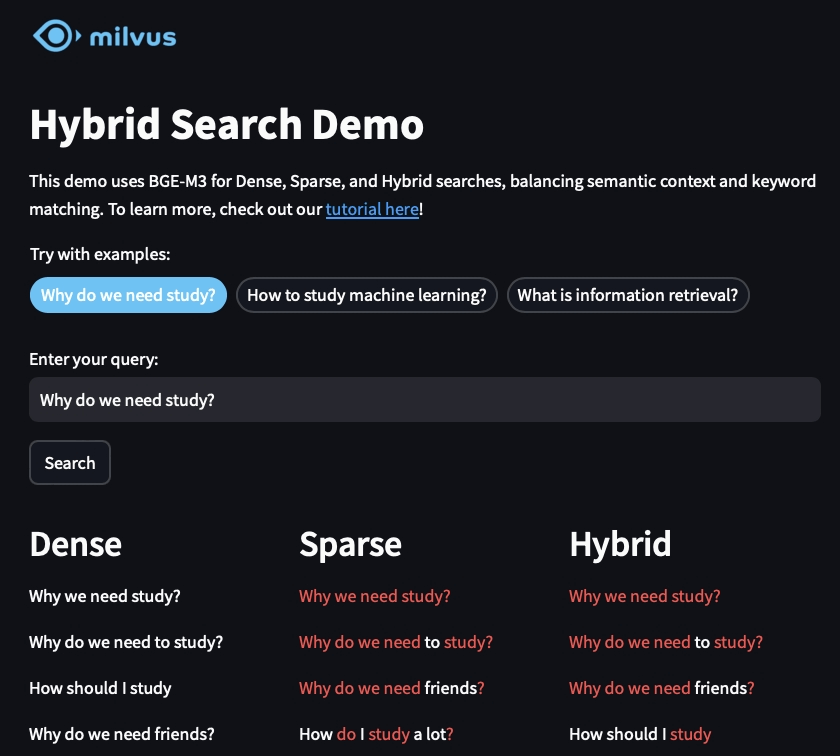Metadata significantly enhances full-text search by providing additional context and structure to unstructured content. Full-text search engines typically index the raw text of documents, but metadata—such as titles, tags, dates, authors, or categories—adds layers of information that refine how results are retrieved, filtered, and ranked. For example, a search for “budget report” might return hundreds of documents, but metadata like “document_type: spreadsheet” or “created_date: 2023” allows users to narrow results to specific file types or time ranges. This structured data acts as a filter, reducing noise and improving precision.
From a technical perspective, metadata is often indexed separately from the main content, enabling faster and more targeted queries. Search engines like Elasticsearch or Solr allow developers to define metadata fields with specific data types (e.g., dates, numbers, keywords), which are optimized for operations like sorting, filtering, or aggregations. For instance, a “published_date” field stored as a timestamp allows users to sort results chronologically, while a “status” field (e.g., “draft” vs. “published”) can filter out irrelevant content. This separation of concerns ensures that full-text searches remain efficient, as metadata-based operations don’t require parsing the entire document text.
A practical example is an e-commerce search system: product descriptions are full-text indexed, but metadata like price, brand, or SKU enables faceted navigation. Users searching for “wireless headphones” can filter results by price range or brand without relying solely on keyword matches. Metadata also supports relevance tuning—boosting results where the search term appears in the “title” field versus the body text. Without metadata, full-text search would lack the granularity needed for modern applications, making it harder to balance speed, accuracy, and user experience. In short, metadata bridges the gap between unstructured content and structured querying, turning raw text into actionable results.
